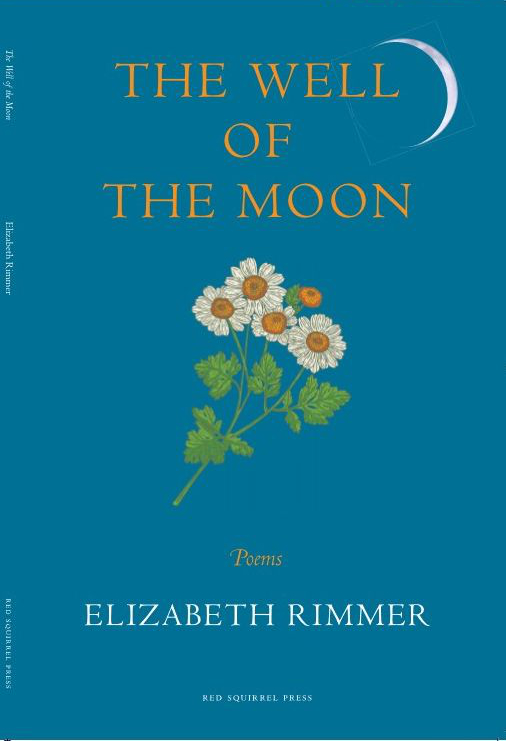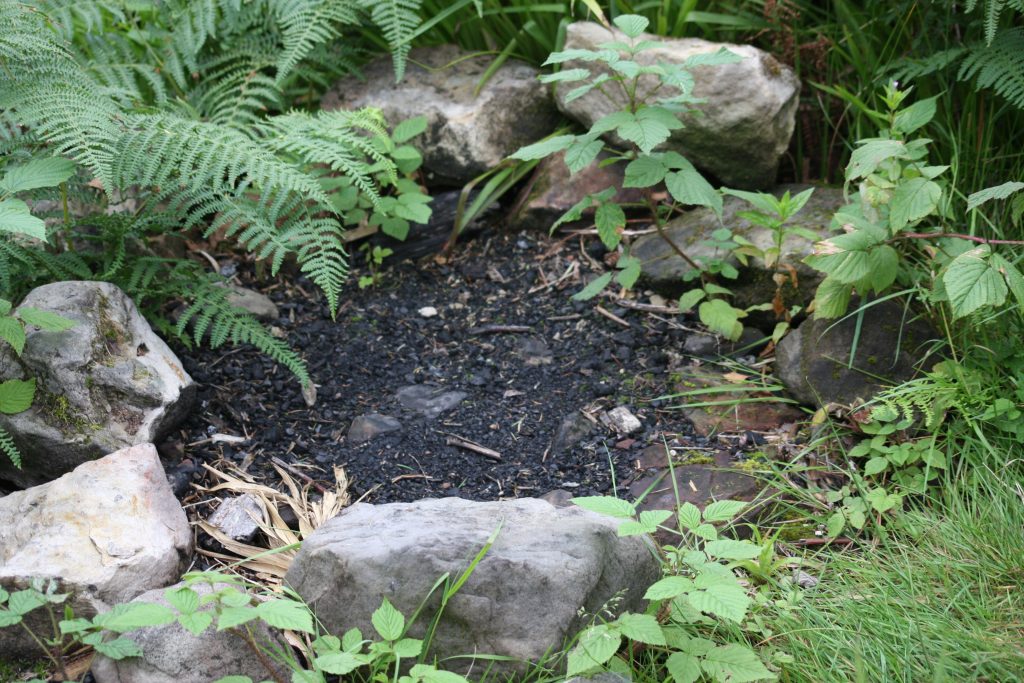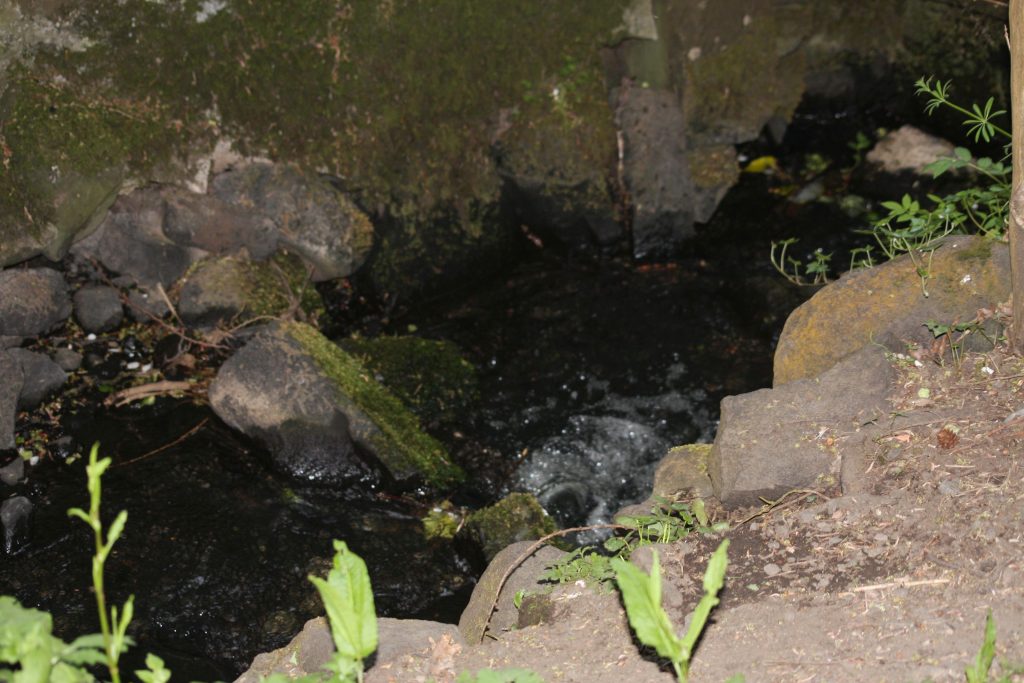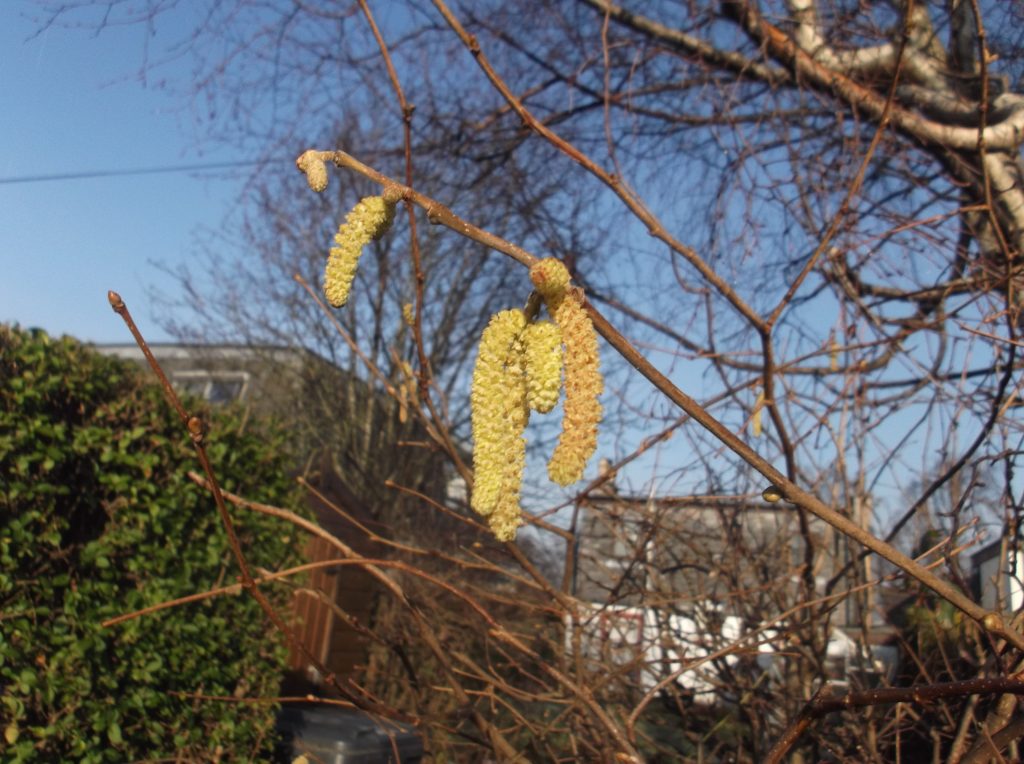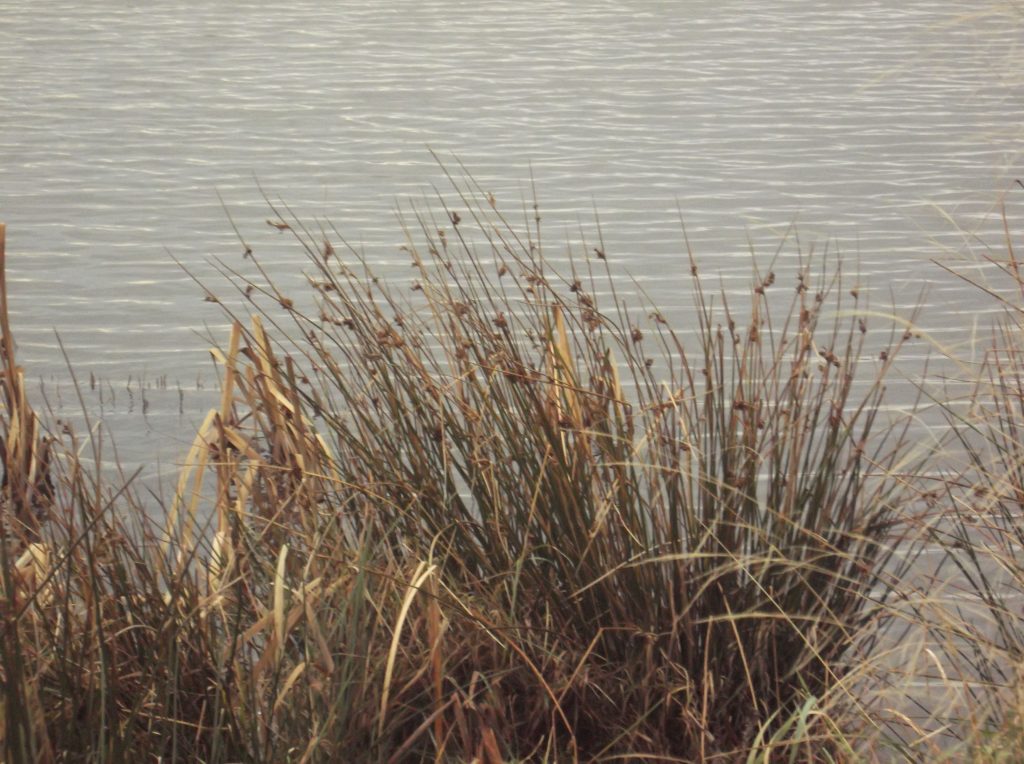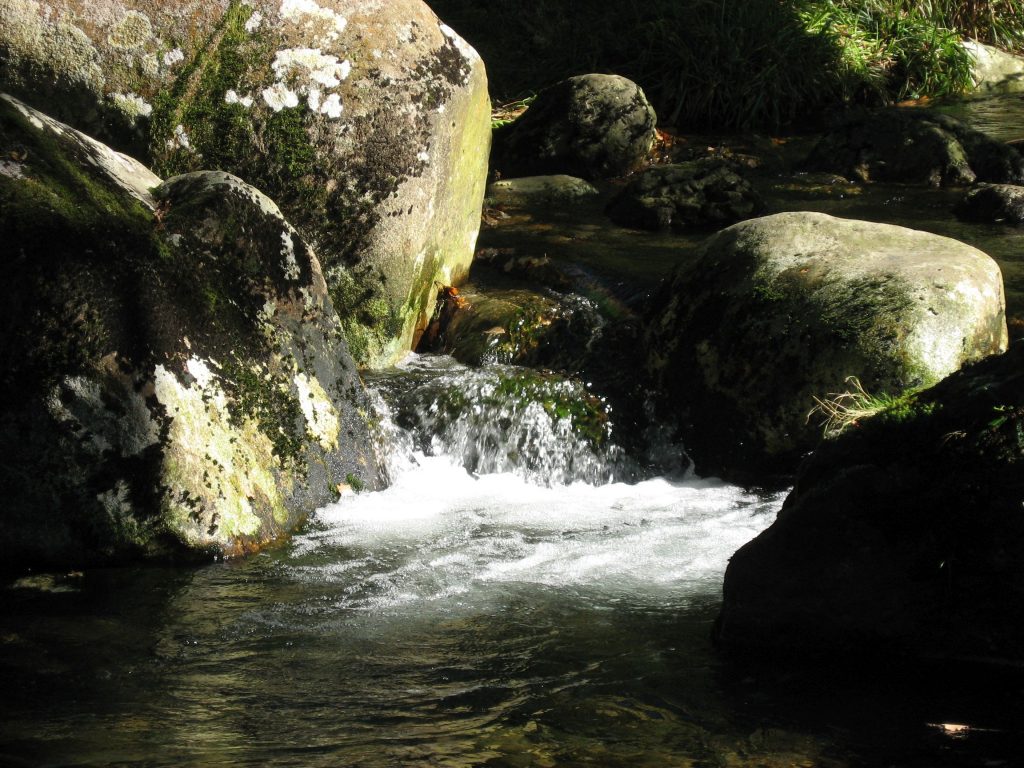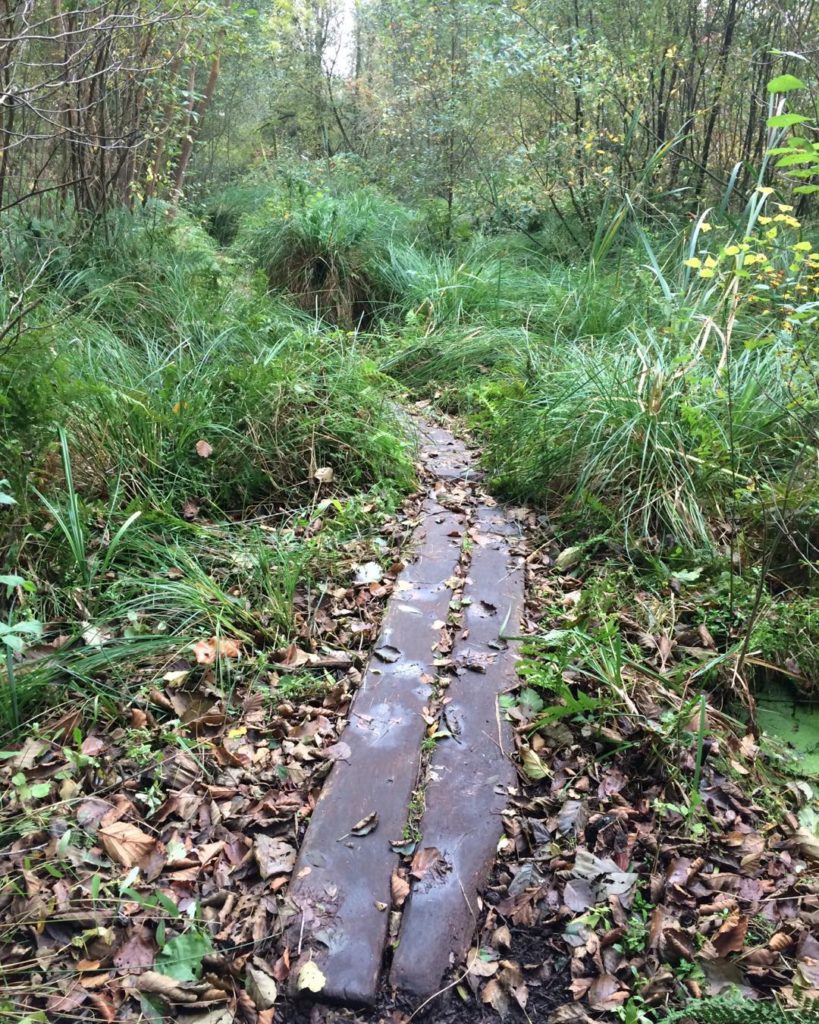
Today is World Wetlands Day. I have form with wetlands, since my poem about blanket bogs was used in an installation by the Royal Botanical Gardens of Edinburgh, and even featured on the side of a bus to advertise it. This is a later poem, however, from The Well of the Moon, which deals with the Avalon Marshes in real life, but also the landscapes of our hearts and heritage, and the myths we create to try to express them.
Lost Roads
I am haunted by wet places, the lure
of rivers, reedbeds and green lands of ash
and willow. The drift of water, pooling
between the autumn stems and wind-frayed flags
of common sedge and reed, is like the course
of blood, of thought, deep in the mulch of me.
There is talk of lost roads, boardwalks
of planks and narrow handrails
hid deep beneath the quaking ground
with its stealth of buntings, stepping heron,
its shattered tops of bulrush, spilling
cottony seed for birds like new coins
at a wedding scramble. The hidden past,
with its myths of Romans and lost queens
of the Iron Age, threads its careful way
through thickets of imagined story, and I,
not immune to this casual appropriation,
imprint my own lost ancestors, finding
or inventing the feel of home here, roots
where there may be none, whole trees
growing into the open wind and sky.
I’ve been thinking about the celebrations that have happened this week, whether you call it the Feast of St Bride, Brigid’s Day or Imbolc. I am delighted that in Ireland it is being kept as a public holiday – goodness knows we could do with one at this time of year, and I’m not sure that Robert Burns Day quite has the impact. These spring celebrations are all about returning to the light, or bringing into the light things that have been nurtured in the dark, and so I thought I might write a little about my four poetry books, that don’t seem to have seen the light of day much lately.
Wherever We Live Now came out in 2011, published by Red Squirrel Press. It has a lot of seasonal poems in it, a few about exploring my Irish heritage, and a sequence about the Orpheus myth, which was the closest I ever came to an artists’ practice statement. It has a cover image by the film-maker Alastair Cook, a Berneray landscape showing the land merging with sea and sky.
The Territory of Rain came out during a very scary time in 2015 when my husband was hospitalised with myasthenia gravis, which probably explains the rather high proprtion of death poems in it. The hospital was wonderful and they discharged him just in time to come to the launch. This is the most explicitly geopoetical of my books, and has a very special cover image by Gerry Cambridge on the front. How special it was I didn’t realise until 2019, when his book The Light Acknowledgers (Happenstance Press) and I found it was a picture he had written a poem about.
Haggards came out in 2018. It was centred around herbs and dealt with social and environmental collapse and regeneration. I think it is the most popular of my books, having been reprinted twice. Gerry Cambridge excelled himself with the design, providing not only the beautiful cover image, but a tiny wren hopping about on the title page of the sequence The Wren in the Ash Tree.
The Well of the Moon came out during the pandemic. It has a lot of plant and herb and landscape poems as you might expect, but was inspired by mental health issues (my own and other people’s) which lead me to reflect on what ‘a person’ is, and what the sense of identity is made of. Gerry’s cover image this time features a crescent moon and a feverfew plant, which appears in the first poem in the book.
The two most recent books are still available from the publisher, but the first two are out of print. I still have the last remaining copies, however, if anyone would like them. You can buy them from my shop, and I don’t charge for p+p in the UK. You don’t need Paypal either as I’ve enabled credit card payments.
All of that was three years ago, and it’s probably time I was thinking of a new one. The news is, I am indeed. So far it is called The Midsummer Foxes, and is about land and belonging, magic and death, the self and the other – and music. It won’t happen for a couple of years yet, but yes, it is coming into the light!
